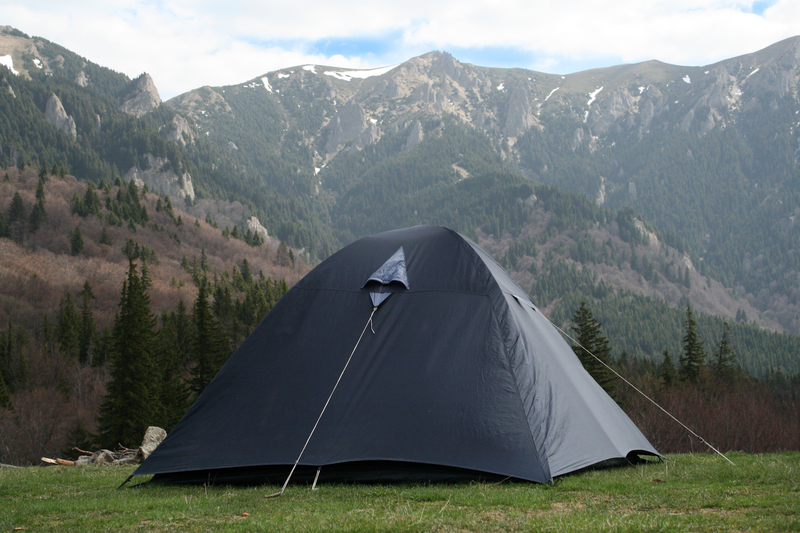Just as with any extreme situation, prepping is essential. It's not just about packing the right supplies. We must feel comfortable with our ability to handle frightening and unexpected situations in which quick decision making is required. We can't control the weather, the wildlife, the terrain and many other aspects of nature so being overly prepared and knowing what to expect is the key to staying alive.
1. Survival isn’t easy
Thanks to reality television and YouTube channels, we may tend to view the subject of survival as entertainment. While aspects of it may be entertaining, people in true survival situations are in a struggle for life itself.
2. Bring a lifeline
Any individual attempting a similar experiment would be wise to bring some form of communication with them. If you put yourself into that situation and find yourself failing, having a communication device could save your life.
3. Take baby steps
Big-name survivors like Cody Lundin, Dave Canterbury, Tom Brown, Matt Graham and Bear Grylls throw themselves into these environments for a living. However, they didn’t start off in these extremes.
If you have dreams of living off-grid, take baby steps. Take a trip to your favorite local camping spot and leave “Gear X” or “Gear Y” behind. This allows you to focus on a single skill.
4. Expect surprises
In order to really master a skill, you should be able to practice it at any time and under any condition. Rains might drench your fire-starting equipment, or you might need to set up a shelter in the middle of a blizzard.
5. Prioritize
Most of the chatter about survival seems to focus on food. Yet food is perhaps your lowest priority in most situations. Lightning strikes kill in an instant. Drowning takes just a few minutes. Exposure can kill you in a few hours. People have lived for months without eating more than a few creepy critters. Finding a way to stay warm/cool, dry and protected should likely be your top priorities.
6. Study geography
If you can’t find evidence of large amounts of past people living in an area, odds are the geography makes it too challenging for an extended stay. Starting your experiments in comfortable climates will increase your odds of success.
7. Level with yourself
Push aside your ego and level with yourself about your true skill set. Unless you were raised in a very unique situation, you likely don’t have the skills to survive with just a knife. As you challenge yourself, make sure you don’t overestimate your skill set.
Do you have any other tips for those who are looking to survive in the wilderness for an extended period of time?
Article Source: Off The Grid News
